At least 30 killed in IDF strike on UN school
Israel Defense Forces, IDF, tank fire killed at least 30 Palestinians at a UN school in the Gaza Strip on Tuesday.
Tuesday, 06.01.2009.
10:07

Israel Defense Forces, IDF, tank fire killed at least 30 Palestinians at a UN school in the Gaza Strip on Tuesday. This is according to UN officials and medical sources at two hospitals, Tel Aviv daily Haaretz reported. At least 30 killed in IDF strike on UN school Palestinian officials had initially said that 40 people were killed in the attack, but UN sources put the number at 30 killed and 55 wounded. An IDF spokesman said that troops had fired mortar rounds at the school, after militants barricaded inside shot mortar shells at the Israeli forces. "Initial checks ... show that from inside the school mortars were fired at Israeli forces," a spokesman said. "In response, the forces fired a number of mortar rounds into the area." The attack brought the Palestinian death toll to nearly 600 in Israel's 11-day offensive on the Hamas-ruled coastal territory. Two tank shells exploded outside the Gaza school, spraying shrapnel on people inside and outside the building, where hundreds of Palestinians had sought refuge from fighting between Israeli soldiers and Hamas militants. In addition to the dead, several dozen people were wounded, the officials said. Medical officials said all the dead were either people sheltering in the school or local residents. Also on Tuesday, Israel Air Force warplanes struck a building in Gaza in which the head of Hamas' rocket division was staying. It was not immediately clear whether Ayman Sayam was hit in the attack, which occurred in the Jabalya refugee camp in the northern Gaza Strip. "There's nowhere safe in Gaza. Everyone here is terrorized and traumatized," said John Ging, the top UN official in Gaza, blaming the international community for allowing the violence to continue. "I am appealing to political leaders here and in the region and the world to get their act together and stop this," he said, speaking at Gaza's largest hospital. "They are responsible for these deaths." The Israel Defense Forces had no comment on the incident, but in the past has accused militants of using schools, mosques and residential neighborhoods to store weapons or launch attacks. Earlier today the BBC reported that Israeli forces had widened their attacks in the Gaza Strip to include Khan Younis in the south. At least 18 Palestinians were killed early on Tuesday and three Israeli soldiers were killed by fire from one of their own tanks in northern Gaza. Palestinian medical officials say at least 110 people have died since the ground assault began while Israel says it has killed 130 Hamas fighters. About 560 Palestinians have been killed since Israel moved to end rocket attacks from Gaza 11 days ago, Palestinian medical officials say. Aid agencies in Gaza speak of appalling conditions for treating casualties of the continuing Israeli bombardments. Rejecting international appeals for a ceasefire, Israeli Defence Minister Ehud Barak said the operation would continue until it met its objective. Foreign diplomatic efforts to resolve the crisis have borne little fruit so far. IDF artillery in action in Gaza (FoNet) Single shell An Israeli army spokesman said three soldiers from the elite Golani Brigade had been killed accidentally by a single tank shell, with a further four severely wounded and 20 suffering lighter injuries. "In the fierce battle that was being waged between our Golani brigade soldiers against the Hamas... unfortunately one of our tanks actually exploded on to a building where our forces were located," Capt Guy Stiegelman told the BBC. At nightfall on Monday, Israeli troops were reported to be battling Palestinian militants on the outskirts of the Shujaiya district of Gaza City. Hamas and Islamic Jihad said their fighters had engaged Israeli soldiers with machine-guns and rockets. Residents reported hearing loud explosions and heavy gunfire. Israel's Haaretz newspaper, quoting Israeli army sources, reports that Hamas lobbed mortars at the soldiers. Artillery and helicopter gunships were reportedly brought in to drive back the Palestinian fighters. Describing fighters' tactics, an unnamed Hamas official told AFP news agency that fighters had lured Israeli forces into a trap. "We have left a lot of explosives in their path," he added. Islamic Jihad spokesman Abu Ahmed said the group had lost one man in the fighting in Shujaiya. "Communications with our fighters are cut at the moment but it [combat] is still going on," he added. Israeli tanks backed by helicopter gunships were moving into Khan Younis in the southern Gaza Strip on Tuesday morning, witnesses said, to be met by fire from Hamas and other militant groups. On Monday, Israeli tanks were reported moving towards the Bureij refugee camp in central Gaza and Beit Hanoun and the Jabaliya refugee camp saw clashes. Information about what is happening inside Gaza is limited as Israel has barred foreign reporters from entering. "Serious hunger" Living conditions in Gaza are reported to be deteriorating sharply, with supplies of fuel, food, and wheat not getting to where they are needed. Many is Gaza are also without a water or electricity supply. Norwegian doctor Mads Gilbert, one of two foreign doctors working at Gaza's biggest hospital, al-Shifa, said operating rooms were full and people were dying because of a lack of supplies. Israel says it is not targeting civilians but Dr Gilbert said he had only seen two fighters among hundreds of casualties. The UN says a million people in the territory are without electricity and many are facing "serious hunger" within days. Dominic Nutt, of the aid agency Save The Children, told the BBC that workers in the territory were reporting rapidly deteriorating conditions: "They don't have any water most of the day, there is no electricity, they are freezing cold, the windows have to be left open to stop them smashing when the bombs fall. "Children are at risk from hypothermia, they are malnourished, there is not enough food, the situation is getting desperate." Thousands of Gazans are reported to have fled their homes, despite the dangers of moving around outdoors in the territory. Israel says it has allowed a convoy of 80 lorries carrying food and medicines through Gaza's southern border with Egypt. French President Nicolas Sarkozy is to travel to Damascus on Tuesday along with an EU delegation in a bid to persuade Syria to influence Hamas leaders to accept his plan for a ceasefire. He held talks with Israeli and Palestinian leaders in the region on Monday. Accusing Hamas of acting in an "irresponsible and unforgivable manner" by firing rockets into Israel, he appealed to Israel for a halt to the violence to allow in humanitarian aid. Palestinian President Mahmoud Abbas is due to attend a UN Security Council meeting on Tuesday, along with the foreign ministers of Saudi Arabia, Egypt, France and Britain, in an attempt to put pressure on the Security Council to act decisively.
At least 30 killed in IDF strike on UN school
Palestinian officials had initially said that 40 people were killed in the attack, but UN sources put the number at 30 killed and 55 wounded.An IDF spokesman said that troops had fired mortar rounds at the school, after militants barricaded inside shot mortar shells at the Israeli forces.
"Initial checks ... show that from inside the school mortars were fired at Israeli forces," a spokesman said. "In response, the forces fired a number of mortar rounds into the area."
The attack brought the Palestinian death toll to nearly 600 in Israel's 11-day offensive on the Hamas-ruled coastal territory.
Two tank shells exploded outside the Gaza school, spraying shrapnel on people inside and outside the building, where hundreds of Palestinians had sought refuge from fighting between Israeli soldiers and Hamas militants. In addition to the dead, several dozen people were wounded, the officials said.
Medical officials said all the dead were either people sheltering in the school or local residents.
Also on Tuesday, Israel Air Force warplanes struck a building in Gaza in which the head of Hamas' rocket division was staying. It was not immediately clear whether Ayman Sayam was hit in the attack, which occurred in the Jabalya refugee camp in the northern Gaza Strip.
"There's nowhere safe in Gaza. Everyone here is terrorized and traumatized," said John Ging, the top UN official in Gaza, blaming the international community for allowing the violence to continue.
"I am appealing to political leaders here and in the region and the world to get their act together and stop this," he said, speaking at Gaza's largest hospital. "They are responsible for these deaths."
The Israel Defense Forces had no comment on the incident, but in the past has accused militants of using schools, mosques and residential neighborhoods to store weapons or launch attacks.
Earlier today the BBC reported that Israeli forces had widened their attacks in the Gaza Strip to include Khan Younis in the south.
At least 18 Palestinians were killed early on Tuesday and three Israeli soldiers were killed by fire from one of their own tanks in northern Gaza.
Palestinian medical officials say at least 110 people have died since the ground assault began while Israel says it has killed 130 Hamas fighters.
About 560 Palestinians have been killed since Israel moved to end rocket attacks from Gaza 11 days ago, Palestinian medical officials say.
Aid agencies in Gaza speak of appalling conditions for treating casualties of the continuing Israeli bombardments.
Rejecting international appeals for a ceasefire, Israeli Defence Minister Ehud Barak said the operation would continue until it met its objective.
Foreign diplomatic efforts to resolve the crisis have borne little fruit so far.
Single shell
An Israeli army spokesman said three soldiers from the elite Golani Brigade had been killed accidentally by a single tank shell, with a further four severely wounded and 20 suffering lighter injuries."In the fierce battle that was being waged between our Golani brigade soldiers against the Hamas... unfortunately one of our tanks actually exploded on to a building where our forces were located," Capt Guy Stiegelman told the BBC.
At nightfall on Monday, Israeli troops were reported to be battling Palestinian militants on the outskirts of the Shujaiya district of Gaza City.
Hamas and Islamic Jihad said their fighters had engaged Israeli soldiers with machine-guns and rockets. Residents reported hearing loud explosions and heavy gunfire.
Israel's Haaretz newspaper, quoting Israeli army sources, reports that Hamas lobbed mortars at the soldiers.
Artillery and helicopter gunships were reportedly brought in to drive back the Palestinian fighters.
Describing fighters' tactics, an unnamed Hamas official told AFP news agency that fighters had lured Israeli forces into a trap.
"We have left a lot of explosives in their path," he added.
Islamic Jihad spokesman Abu Ahmed said the group had lost one man in the fighting in Shujaiya.
"Communications with our fighters are cut at the moment but it [combat] is still going on," he added.
Israeli tanks backed by helicopter gunships were moving into Khan Younis in the southern Gaza Strip on Tuesday morning, witnesses said, to be met by fire from Hamas and other militant groups.
On Monday, Israeli tanks were reported moving towards the Bureij refugee camp in central Gaza and Beit Hanoun and the Jabaliya refugee camp saw clashes.
Information about what is happening inside Gaza is limited as Israel has barred foreign reporters from entering.
"Serious hunger"
Living conditions in Gaza are reported to be deteriorating sharply, with supplies of fuel, food, and wheat not getting to where they are needed. Many is Gaza are also without a water or electricity supply.Norwegian doctor Mads Gilbert, one of two foreign doctors working at Gaza's biggest hospital, al-Shifa, said operating rooms were full and people were dying because of a lack of supplies.
Israel says it is not targeting civilians but Dr Gilbert said he had only seen two fighters among hundreds of casualties.
The UN says a million people in the territory are without electricity and many are facing "serious hunger" within days.
Dominic Nutt, of the aid agency Save The Children, told the BBC that workers in the territory were reporting rapidly deteriorating conditions:
"They don't have any water most of the day, there is no electricity, they are freezing cold, the windows have to be left open to stop them smashing when the bombs fall.
"Children are at risk from hypothermia, they are malnourished, there is not enough food, the situation is getting desperate."
Thousands of Gazans are reported to have fled their homes, despite the dangers of moving around outdoors in the territory.
Israel says it has allowed a convoy of 80 lorries carrying food and medicines through Gaza's southern border with Egypt.
French President Nicolas Sarkozy is to travel to Damascus on Tuesday along with an EU delegation in a bid to persuade Syria to influence Hamas leaders to accept his plan for a ceasefire.
He held talks with Israeli and Palestinian leaders in the region on Monday.
Accusing Hamas of acting in an "irresponsible and unforgivable manner" by firing rockets into Israel, he appealed to Israel for a halt to the violence to allow in humanitarian aid.
Palestinian President Mahmoud Abbas is due to attend a UN Security Council meeting on Tuesday, along with the foreign ministers of Saudi Arabia, Egypt, France and Britain, in an attempt to put pressure on the Security Council to act decisively.





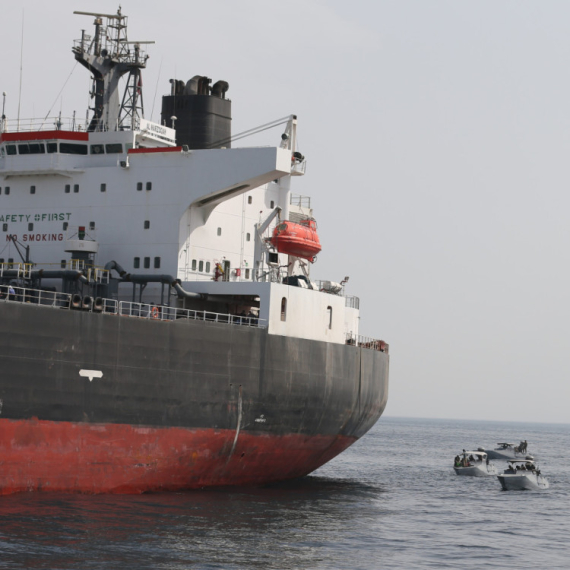




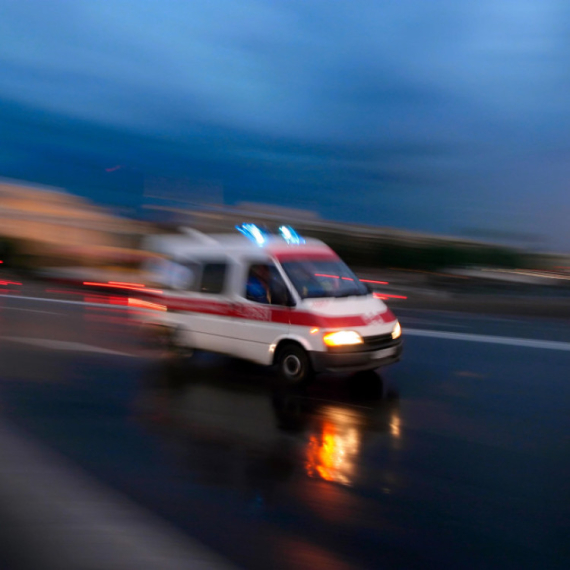

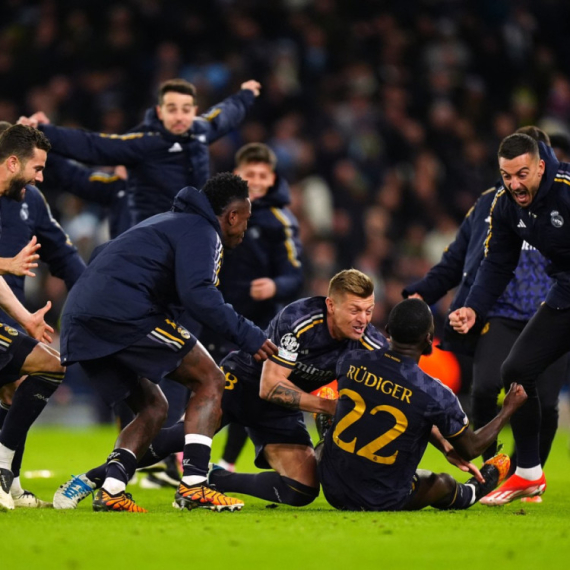



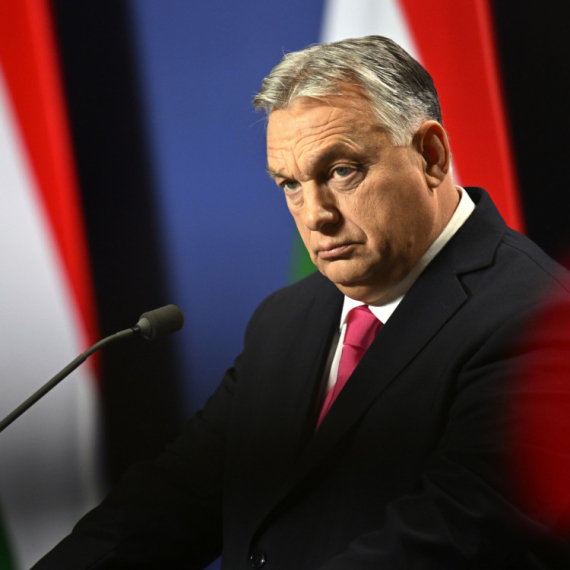

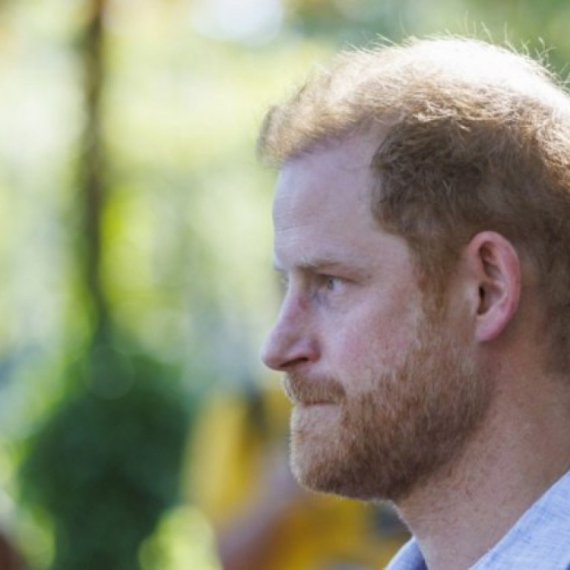
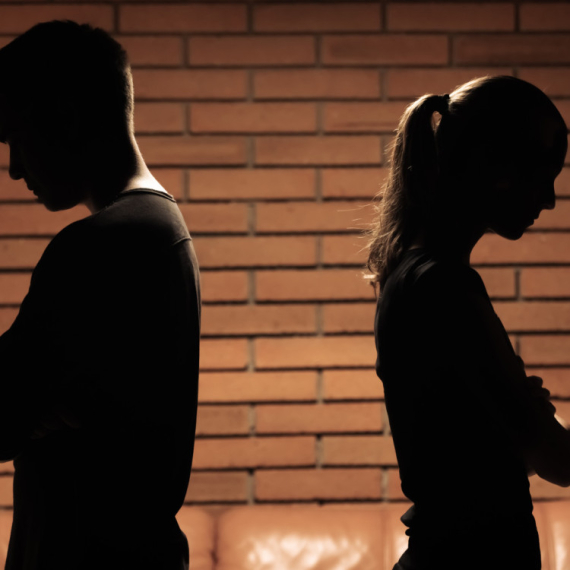
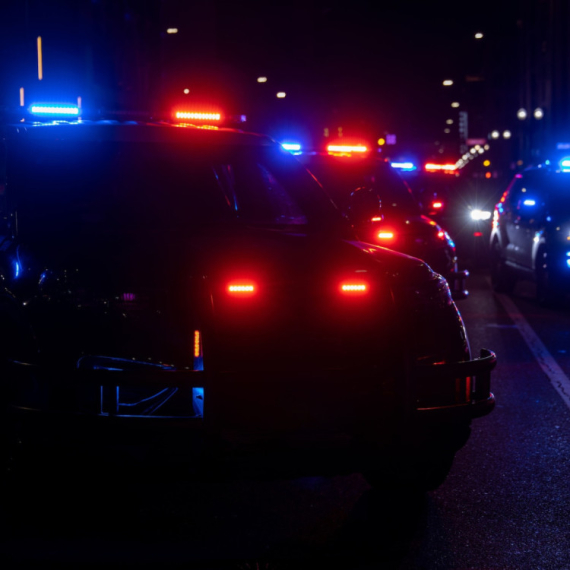




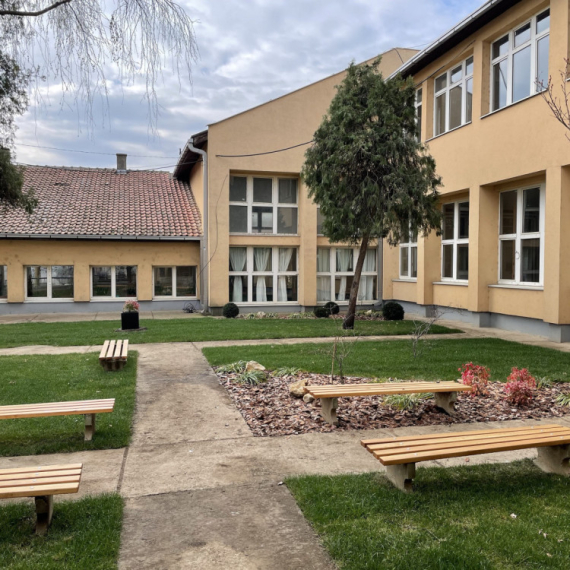





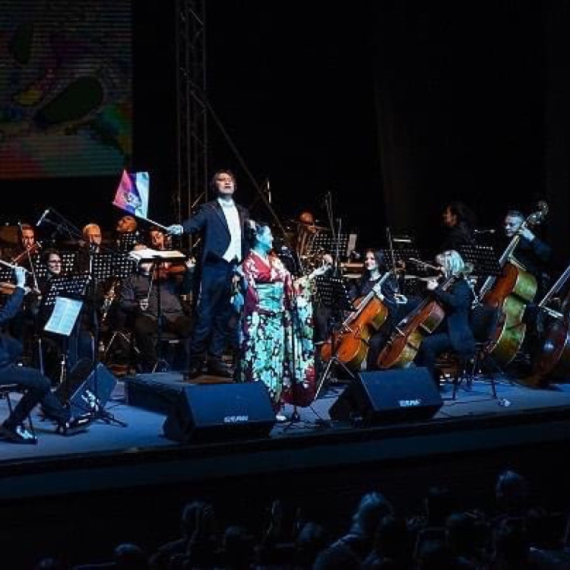









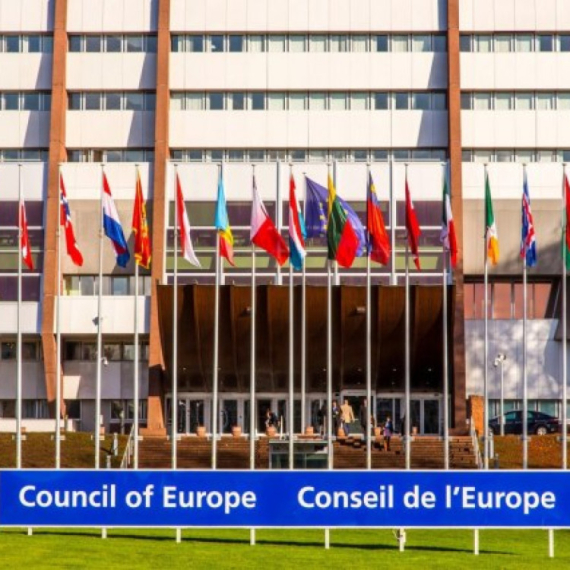



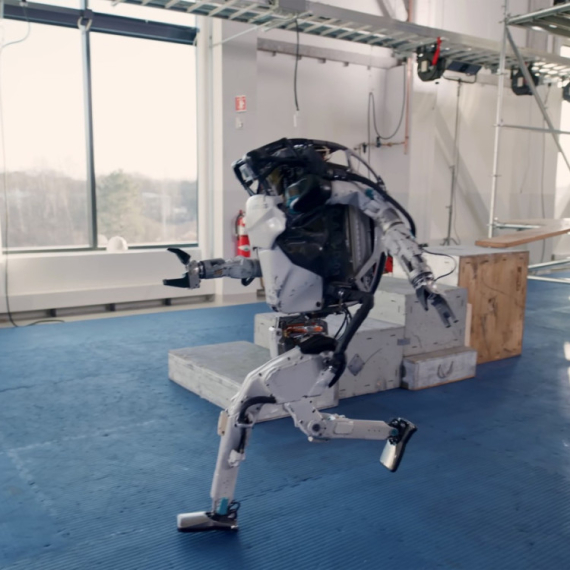




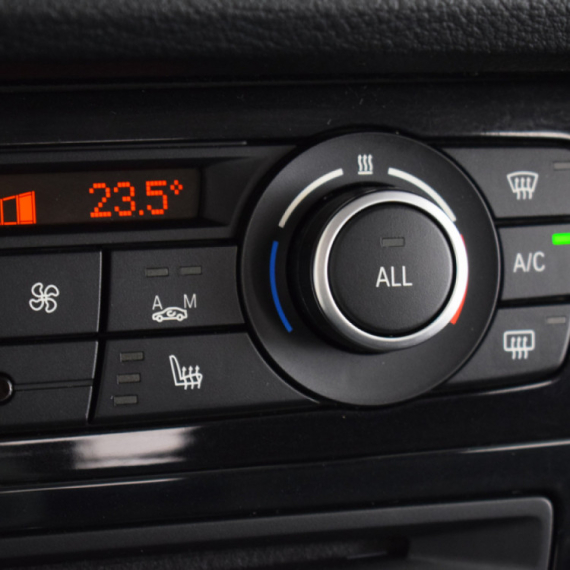
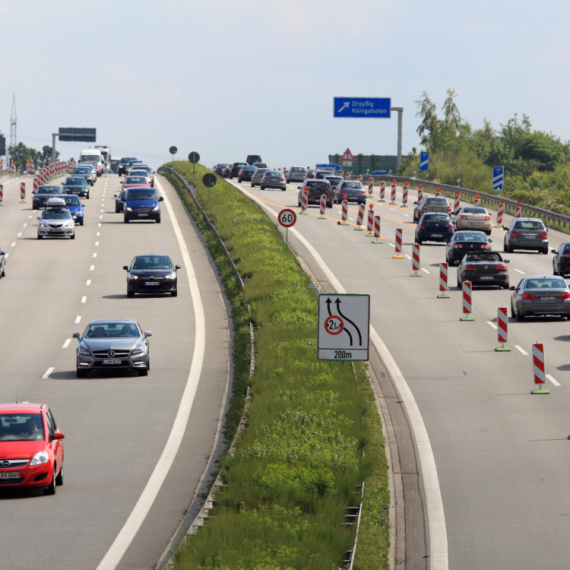
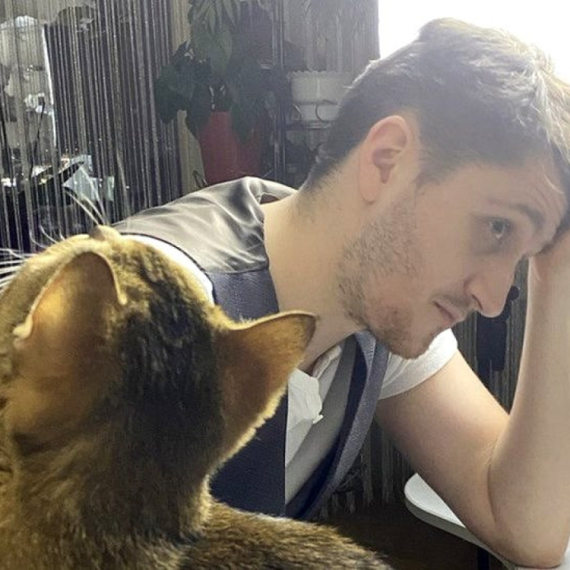
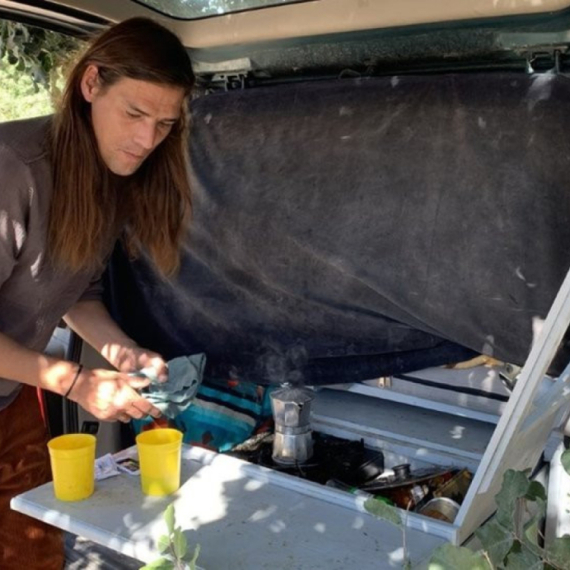
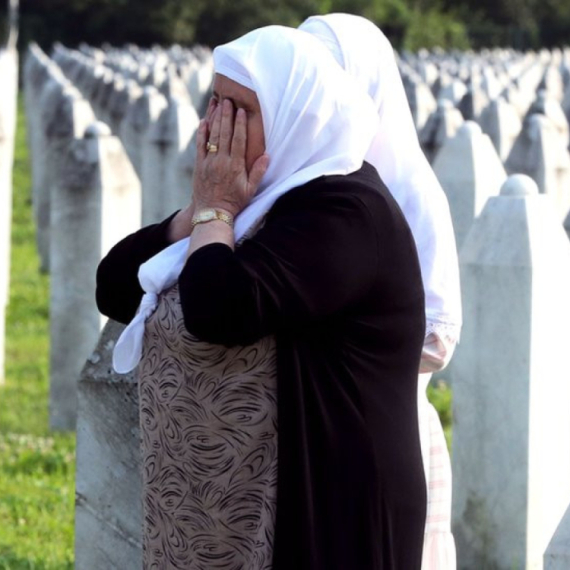
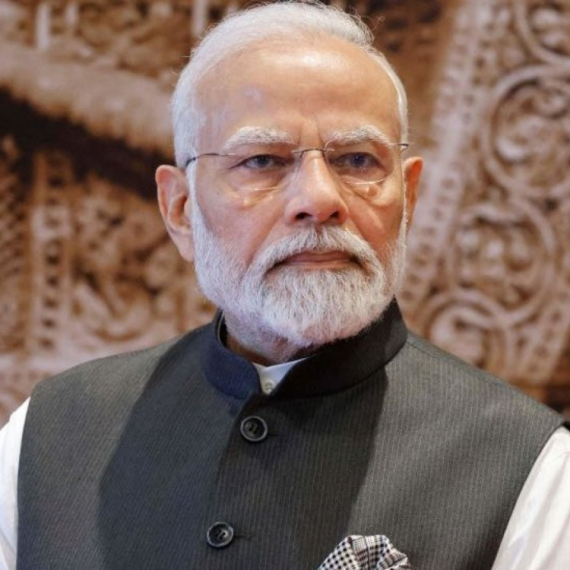
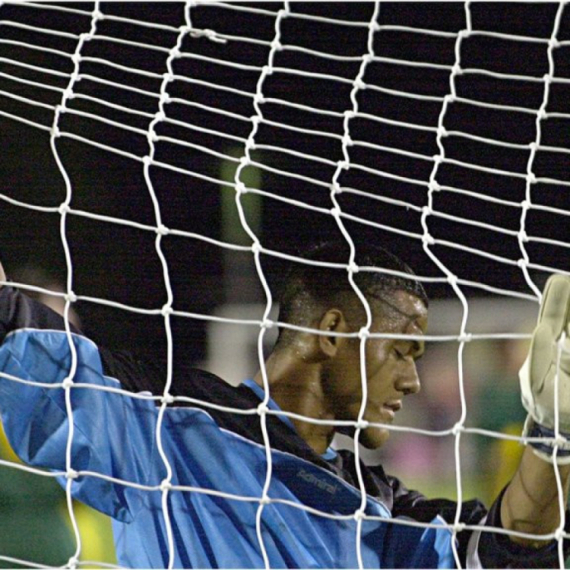

Komentari 0